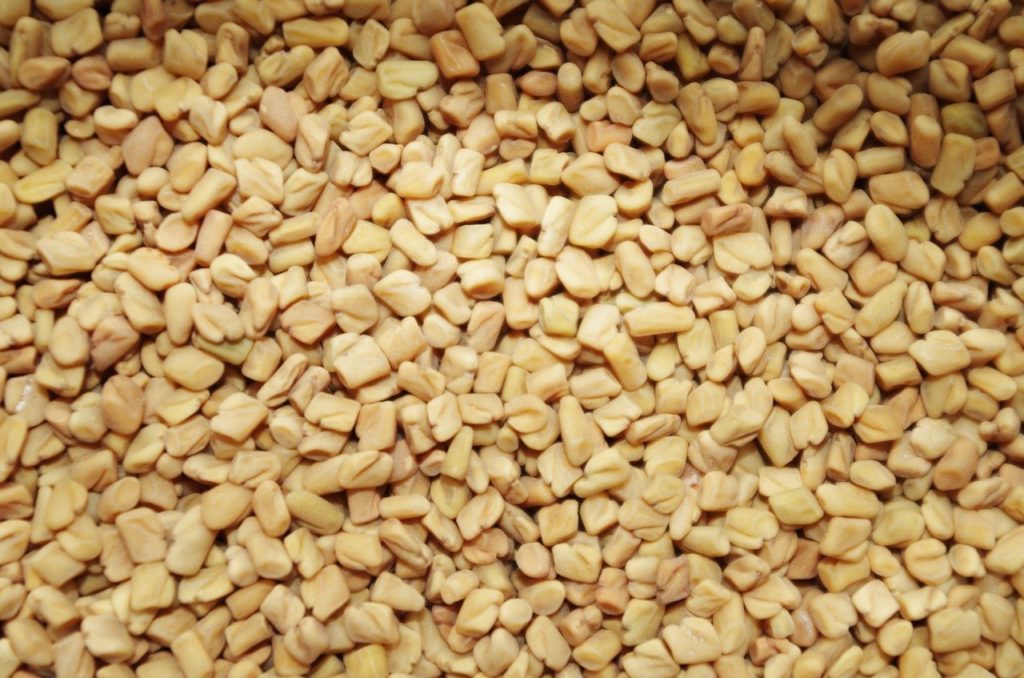Fenugreek Nutrition
Fenugreek seeds and leaves are strongly aromatic and flavorful. These seeda are rich in vitamins such as vitamin B1, Vitamin B9, VitaminB6, vitamins A, and Vitamin C, and are of many minerals such as copper, potassium, calcium, iron, selenium, zinc, manganese, and magnesium. Fenugreek leaves are a rich source of vitamin K as well.
Health Benefits of Fenugreek
Reduces Cholesterol – Fenugreek contains saponins that help reduce the body’s absorption of cholesterol from fatty foods.
Controls Diabetes –Fenugreek Seeds are enhancing insulin secretion under hyperglycemic conditions, and increasing insulin sensitivity.
Enhances Breast Milk Production – Fenugreek helps to increase milk production. Fenugreek has been used traditionally by mothers to increase the production of breast milk.
Fenugreek’s Use as a Natural Home Remedy
- Fenugreek seeds are rich in vitamin E and are added as preservatives in pickles.
- Dried leaves of the fenugreek are used for flavoring meat, fish and vegetable dishes.
- Herbal tea made with fenugreek, lemon and honey is traditionally used as remedy for fevers.
- Fenugreek has also been used to stimulate uterine contractions and induce childbirth.
- Fenugreek extract has been suggested to assist in balancing women’s hormones and also to enlarge breasts.
- A paste made from fresh fenugreek leaves applied regularly to the scalp before a bath may help with hair growth, improve hair complexion, and reduces Dandruff.

